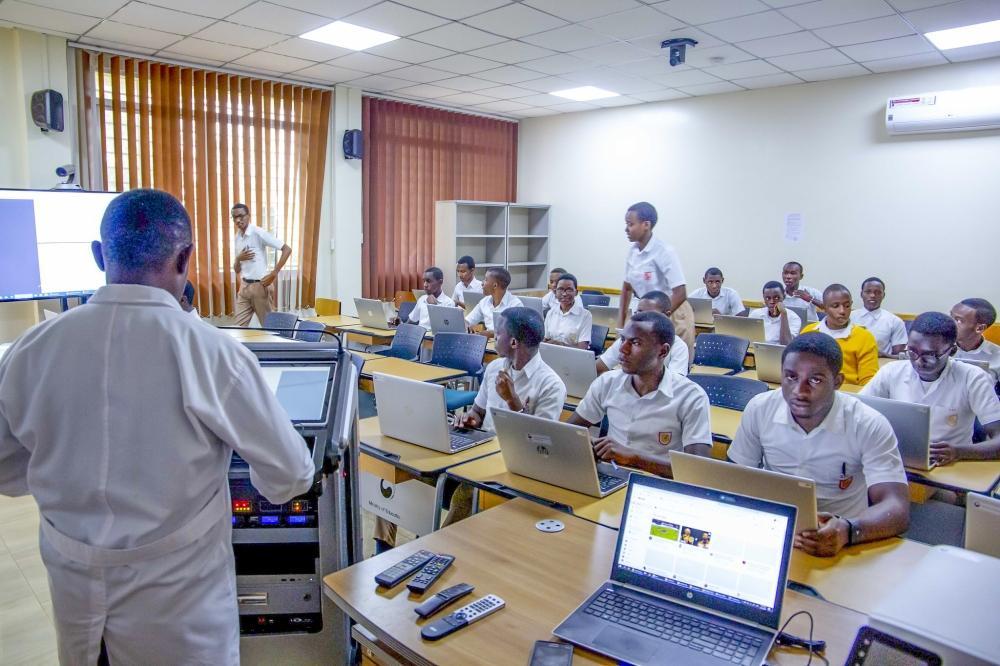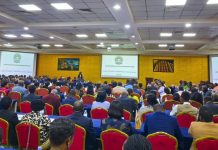Africa-Press – Rwanda. The Ministry of Education (MINEDUC), last week, shared a post on X, encouraging university students in Rwanda to take advantage of a recent offer to access Google Gemini Pro for free, to support their academic research.
In its statement, MINEDUC noted that all university, tertiary and college students can now access the tool for 12 months, to aid their learning, research and digital skills.
The offer will be valid until December 7.
Google Gemini Pro is an advanced AI model capable of sophisticated reasoning, coding, and multimodality.
Speaking to The New Times, some researchers and academic experts weighed in on what AI has to offer and what should be avoided as it is applied.
For Dr. Pravda Mfurankunda, a lecturer and researcher at University of Rwanda (UR), tools like Google Gemini Pro are welcome as they are a catalyst for academic growth.
He pointed out that, for example, that a university lecturer can use Gemini Pro to summarise complex research papers, streamlining preparation and focusing on core teaching.
“For students, the tool can be used to refine their writing and explore complex topics more effectively, turning a challenge into an opportunity for deeper engagement,” he added.
Contrary to widely spread concerns about misuse, he said that AI can actually strengthen academic honesty.
“It can assist educators in detecting plagiarism, verifying originality,” he noted.
He believes that students who adopt AI responsibly are likely to become more innovative.
He argued that in the context of Rwanda’s national priorities for digital transformation, these tools are essential for developing the 21st century skills such as digital literacy that is needed for the regional and global job markets.
He recommended that AI tools should be used as learning companions, not substitutes for human effort.
For Faustin Mutwarasibo, Director of Teaching and Learning Enhancement at UR’s College of Arts and Social Sciences, there is a need to adopt and adjust to emerging technologies but not 100 percent dependence.
“The approach that is advised is collaboration with AI; not total reliance on it,” he said.
He raised caution about the dangers of over-reliance, warning that high dependence on AI can lead to the “removal of our capacity to think, analyse, critique and judge.”
For More News And Analysis About Rwanda Follow Africa-Press






